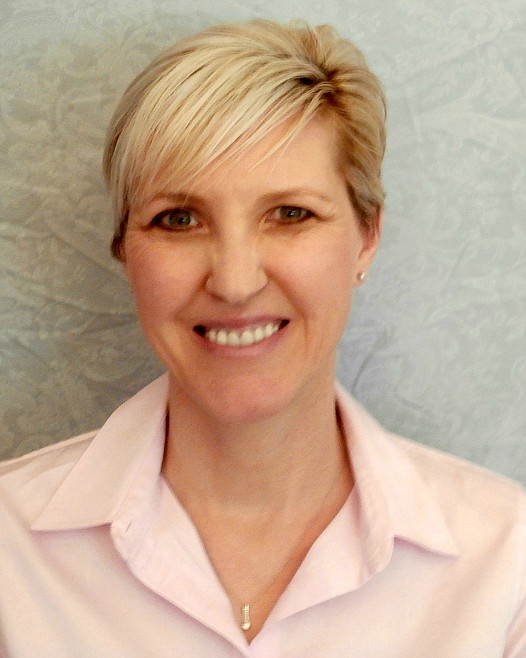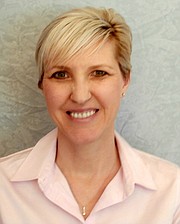One plan for all taxing districts
For taxing district officials and taxpayers alike, a bill sponsored by Rep. Jim Addis aims to add consistency and transparency to the process.
House Bill 73, about uniform accounting of local government, was developed by Addis, R-Coeur d'Alene; Rep. Wendy Horman, R-Idaho Falls; Rep. Mike Moyle, R-Star; and Sen. Jim Rice, R-Caldwell.
The legislation is a top priority to make accounting and reporting uniform across all Idaho counties, cities and local taxing districts.
Addis said the state controller's office, local governments and taxpayers would be able to compare the revenues and expenditures of entities around the state by having this data. The bill would also apply to education providers and health districts.
"When you combine transparency for the taxpayer and uniform data, it gives us a powerful tool for both our local electeds and our local property taxpayers," Addis said. "I think this information is invaluable for the taxpayer to make decisions as they go forward. It's a proven fact that transparency affects behavior."
Local taxing districts now report their expenditures to the controller's office. However, an assortment of techniques make side-by-side comparisons much more difficult, said Miguel Legarreta, president of the Associated Taxpayers of Idaho.
The benefit of having a standard accounting system, Addis said, would be showing how taxing districts are functioning well — or not.
"This bill does not tell any local entity how to spend their money. How much to spend, how little to spend, is still their responsibility," Addis said. "It's my hope that this bill will lead to sound reductions in budgets and that this transparency for the taxpayer, who will work hard with their electeds, will lead to reductions in taxes."
Kootenai County Auditor Dena Darrow has had hesitations about HB 73 since it was developed during the interim committee's work. Part of the nervousness, she said, was because of the uncertainty in state expectations and present diversity in reporting data.
"It's going to take a lot of work to align everyone financially, to have everyone compared like apples to apples," Darrow said Friday. "In Kootenai County, we have 60 tax entities under us, and some have volunteers in there keeping track of finances. So they're going to have a hard time with state compliance."
To facilitate the massive overhaul of state accounting procedures, HB 73 would create the "Committee of Uniform Accounting and Transparency for Local Governmental Entities." Members of the committee would primarily be tasked to "develop, approve, monitor, and revise, as needed, the uniform accounting, budgeting, and financial reporting system."
Darrow said the county has heard little from the controller's office about the project's progress but was aware that Kootenai County would likely be one of the first to work with the new system.
"The ultimate goal is good, having one spot where taxpayers come to see how their tax money is being used across the state. Which is actually pretty cool," Darrow said. "A lot of our smaller districts will need help, which will likely fall on the county, so it will be interesting to see more detail as we get it."
According to the bill's fiscal note, an estimated $1.59 million would be taken from the state's general fund to implement the program, and another $1.5 million would maintain it. HB 73 would also require adding three jobs in the controller's office and one in the legislative services office.
During HB 73's committee presentation Wednesday, Addis said most of the program's heavy lifting would be done by the controller's office and the new employees.
"We need to keep the burden off our local taxing districts because they have enough to do right now," he said. "We want them to keep on going the best they can."
All data collected by entities would be published on the state controller's Transparent Idaho website. If approved, data collection would begin soon, with full program implementation planned for 2025, starting with the largest taxing entities first.



